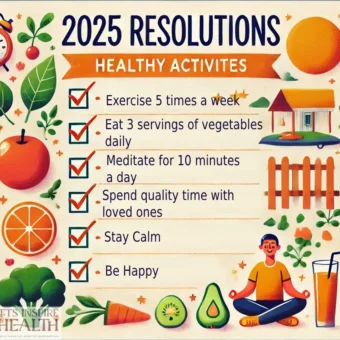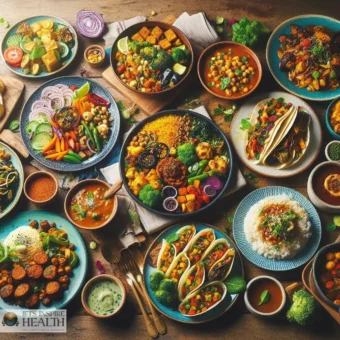Introduction: A Common Morning Dilemma
Hook: Have you ever wondered if your morning ritual of sipping green tea before breakfast is doing more harm than good?
Green tea is celebrated worldwide for its health benefits, but drinking it on an empty stomach remains a debated topic. While some swear by its refreshing kickstart to the day, others report discomfort or acidity. Let’s dive into the facts to uncover if drinking green tea on an empty stomach is truly a healthy choice.
1. The Health Benefits of Green Tea
Hook: Before answering the big question, let’s take a moment to appreciate why green tea is a global favorite.
Green tea is loaded with antioxidants like catechins and polyphenols, which:
- Fight free radicals and reduce oxidative stress.
- Improve heart health by lowering bad cholesterol.
- Boost metabolism, aiding weight management.
- Enhance brain function with L-theanine, promoting focus and relaxation.
Example: For instance, many people enjoy green tea as a calming alternative to coffee, avoiding the jittery effects of caffeine.
2. What Happens When You Drink Green Tea on an Empty Stomach?
Hook: Ever felt queasy or bloated after sipping green tea in the morning?
Here’s why:
- Increased Acidity: The tannins in green tea can stimulate acid production, causing discomfort or nausea.
- Dehydration Risk: Drinking green tea as the first beverage of the day might amplify its diuretic effects.
- Reduced Nutrient Absorption: Consuming it on an empty stomach can interfere with iron absorption from foods later in the day.
Checklist:
- ✅ Notice any signs of discomfort after drinking green tea on an empty stomach.
- ✅ Limit intake to 1–2 cups per day to avoid side effects.
3. The Best Time to Drink Green Tea
Hook: Timing is everything when it comes to maximizing the benefits of green tea.
Best Practices:
- After Breakfast: Pairing green tea with food can neutralize its acidic effects, making it gentler on your stomach.
- Mid-Morning or Early Afternoon: It can serve as a perfect pick-me-up between meals, boosting metabolism and focus.
Example: For a mid-morning ritual, try a cup of green tea with a small snack like almonds or fresh fruit.
4. How to Safely Enjoy Green Tea in the Morning
Hook: If you love starting your day with green tea, here’s how to do it safely.
Step-by-Step Guide:
- Start your morning with a glass of water to hydrate your system.
- Choose high-quality, minimally processed green tea for maximum benefits.
- Brew it correctly: Steep for 2–3 minutes in hot (not boiling) water to avoid bitterness.
- Pair it with a light snack, such as whole-grain toast or yogurt, to minimize acidity.
Comparison Table:
| Brewing Method | Benefits | Drawbacks |
| On an Empty Stomach | Quick energy boost | May cause acidity or nausea |
| After a Light Breakfast | Balanced energy, no discomfort | Slight delay in energy boost |
5. Common Myths About Green Tea and the Truths Behind Them
Hook: Let’s bust some myths to ensure you enjoy your tea the right way.
- Myth: Green tea on an empty stomach burns more fat.
- Truth: While green tea boosts metabolism, pairing it with food ensures better digestion and nutrient absorption.
- Myth: Green tea is the ultimate detox drink.
- Truth: Green tea supports detoxification, but hydration and a balanced diet are more critical.
Conclusion: The Final Verdict
Drinking green tea on an empty stomach isn’t necessarily harmful, but it depends on your body’s tolerance. If you experience acidity or discomfort, consider switching to mid-morning or post-breakfast tea time. By following these simple tips, you can enjoy green tea’s numerous health benefits without any drawbacks.
Disclaimer
This blog is for informational purposes only and does not replace professional medical advice. If you experience persistent discomfort or have underlying health conditions, consult a healthcare professional before making dietary changes.







